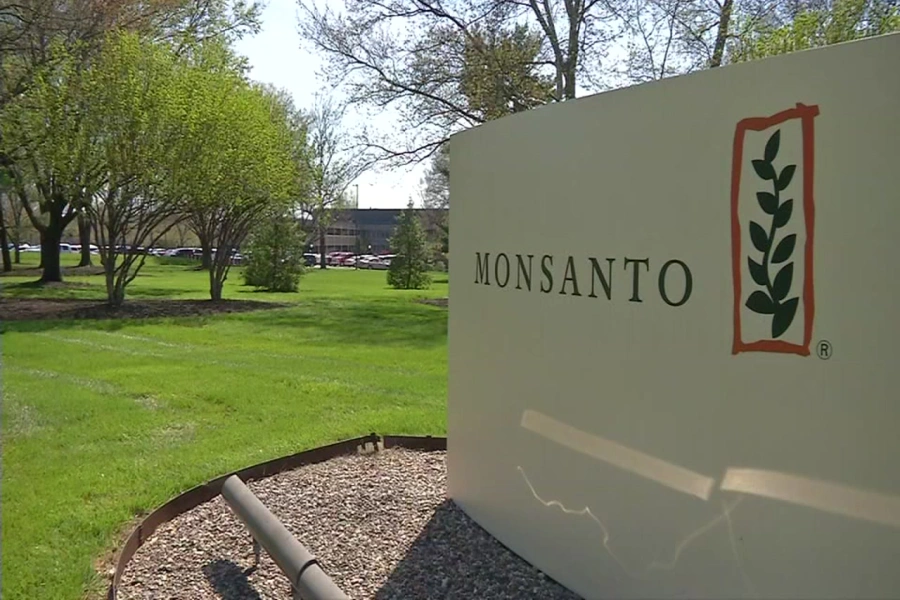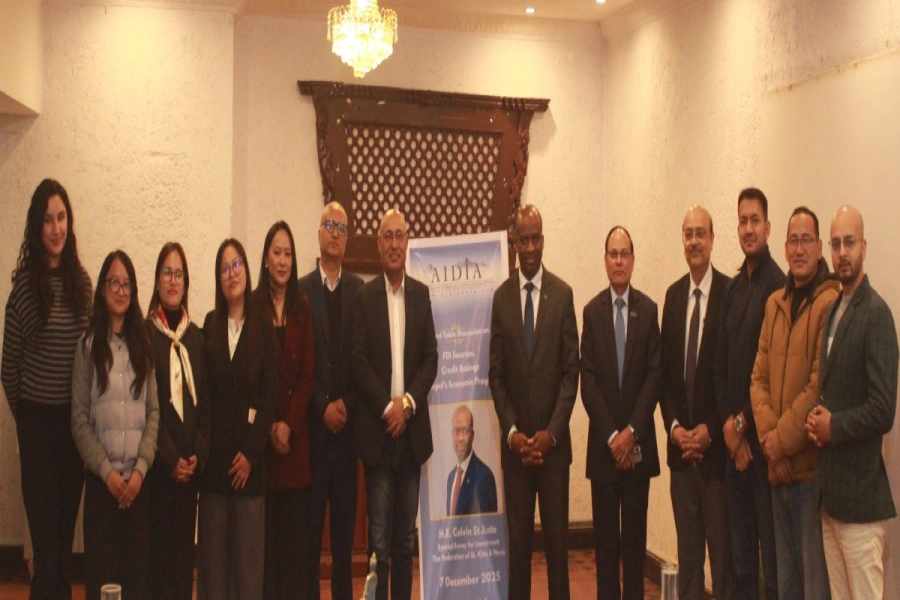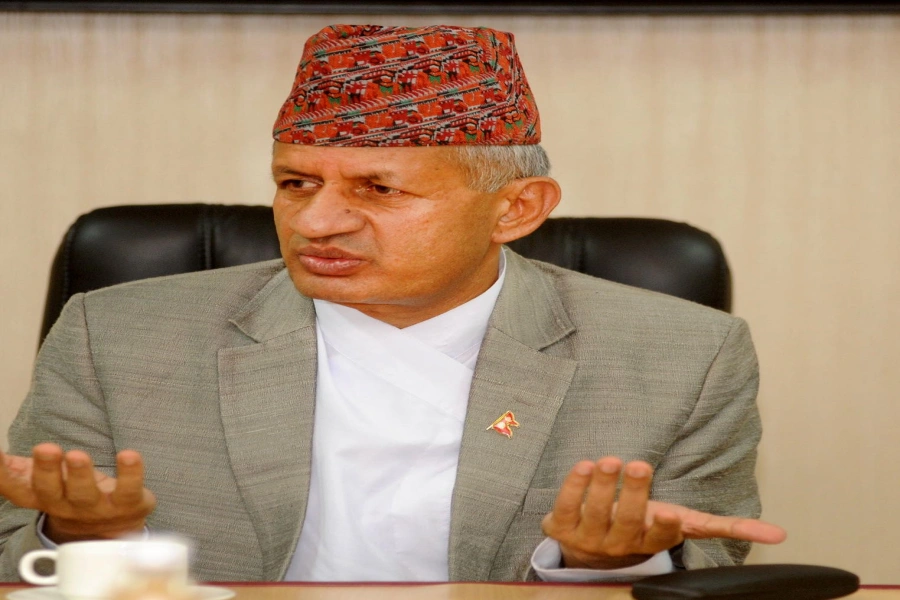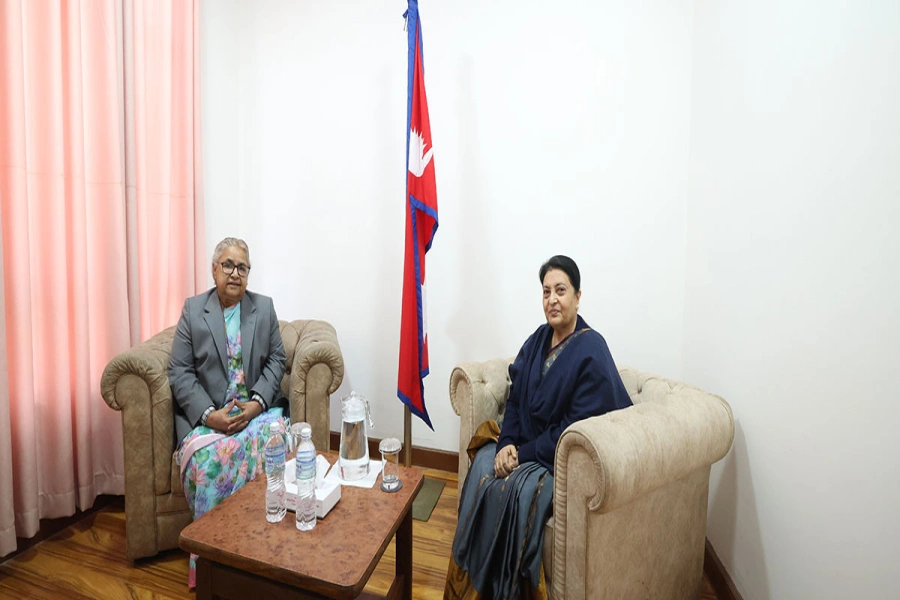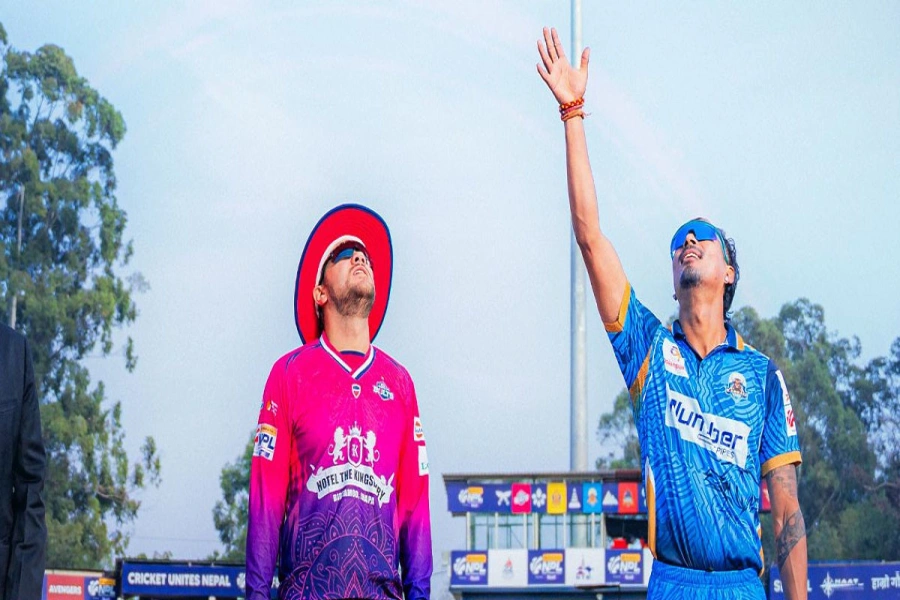KATHMANDU, Feb 3: Nepali citizens are still deprived of the opportunity to exercise their fundamental rights guaranteed by the constitution even a year after the promulgation of all necessary laws for the implementation of those rights.
After the government failed to promulgate at least 15 regulations necessary for the implementation various fundamental rights including rights to free education, personal privacy and rights to land, health, consumer, children, among others, the citizens are unable to exercise these rights.
Of the 16 regulations to be promulgated by various ministries, just one has come into effect so far, more than a year after the enforcement of various 16 new laws to ensure the constitutionally-guaranteed fundamental rights of citizens.
“The constitution and laws have ensured various fundamental rights to the citizens but most of them are yet to be realized,” former chief justice of the Supreme Court, Kalyan Shrestha, told Republica. “Because we cannot enjoy them unless the corresponding regulations are made.”
Citizens’ rights first

The Constitution of Nepal promulgated in 2015 has ensured 31 fundamental rights to the citizens, adding about a dozen new rights to those in the previous constitution of the country. Although the constitution itself made it mandatory for the government to promulgate necessary laws for the implementation of the fundamental rights, the government didn’t expedite the law-drafting task in time.
Of the 16 new bills necessary for the implementation of fundamental rights, 14 were registered in parliament in the last two months when the constitutional deadline for endorsement was inching closer. Scrambling to meet the deadline, the government drafted most of the bills related to the fundamental rights delegating the implementation of various newly-introduced rights to the regulations.
A recent study by a parliamentary panel has revealed that none of the necessary regulations have been promulgated so far except for one related to the implementation of Right to Employment promulgated by the Ministry of Labor and Employment.
“Our committee is studying the promulgation status of the regulations necessary for the exercise of fundamental rights by the citizens. We have sought reports on the current status of such regulations from the ministries concerned,” said Sudarshan Khadka, secretary of the Delegated Management and Government Assurance Committee of the upper house. The committee is responsible for scrutinizing the implementation of fundamental rights of the citizens by the government.
According to the committee, a regulation necessary for the implementation of the right of individuals with disabilities is awaiting cabinet approval for promulgation. Another regulation mandatory for the implementation of the Rights Related to Children is in the final stages of drafting. A regulation aimed at implementing the Rights of Consumer is at the Ministry of Law, Justice and Parliamentary Affairs for correction following a cabinet approval. The regulations related to the Rights Related to Land, Public Security, Personal Privacy and Environment Protection, Cast-based discrimination and untouchability and Social Security have not been drafted even 16 months after the enforcement of the corresponding laws.
Similarly, the regulations on the Right to Safe Motherhood and Reproductive Health, Public Health, Right to Residence, Food Security, Free Education and Protection of Victims of Crime are either in the process of being drafted or awaiting decisions at various authorities.
“It is the duty of the government to promulgate the regulations at the earliest. The parliament and the judiciary can compel the government to make all the fundamental rights enjoyable,” said former CJ Shrestha.





